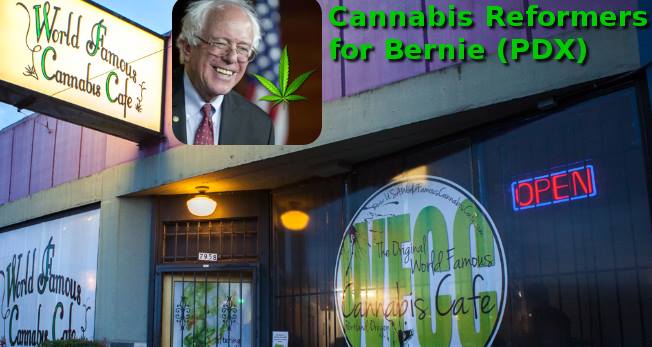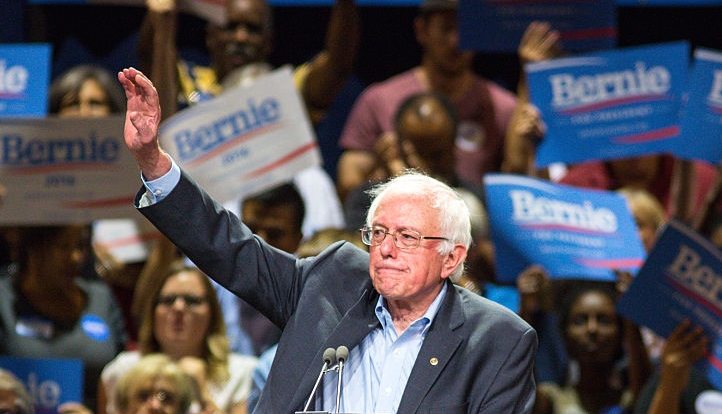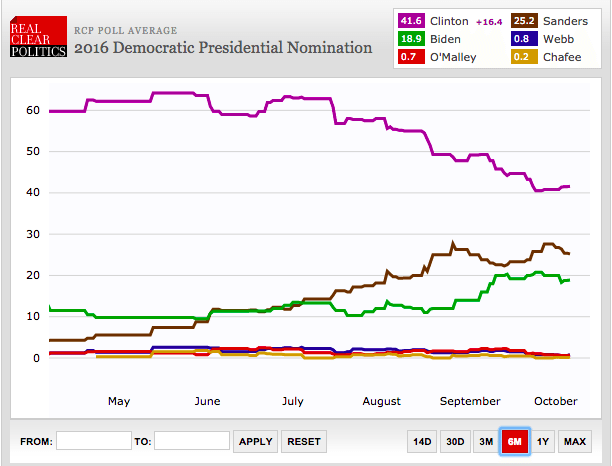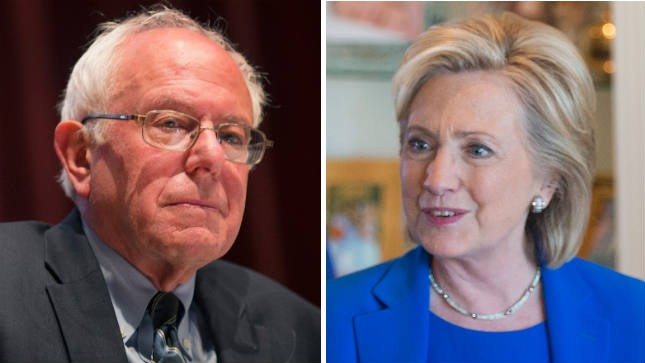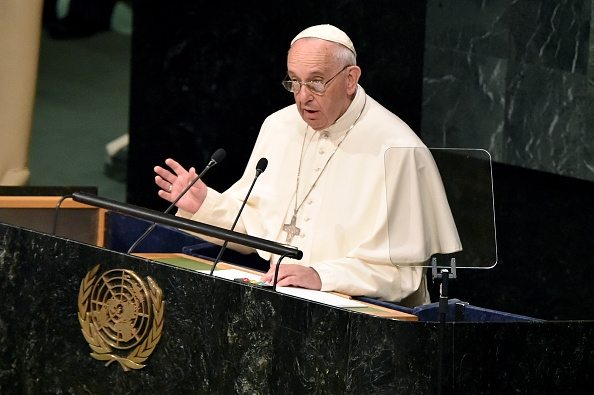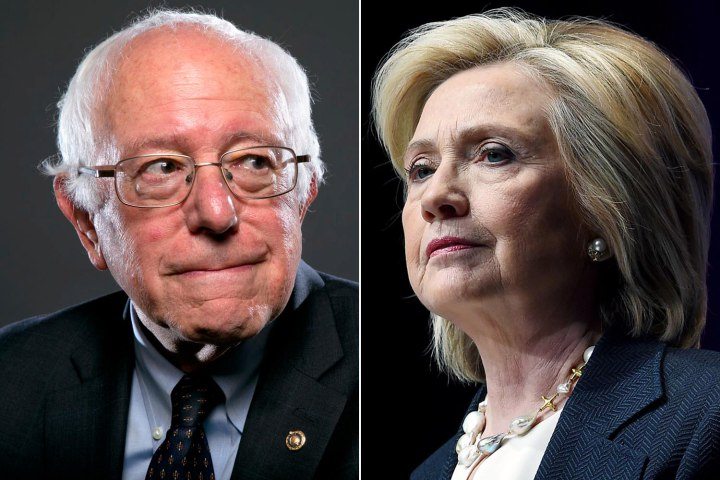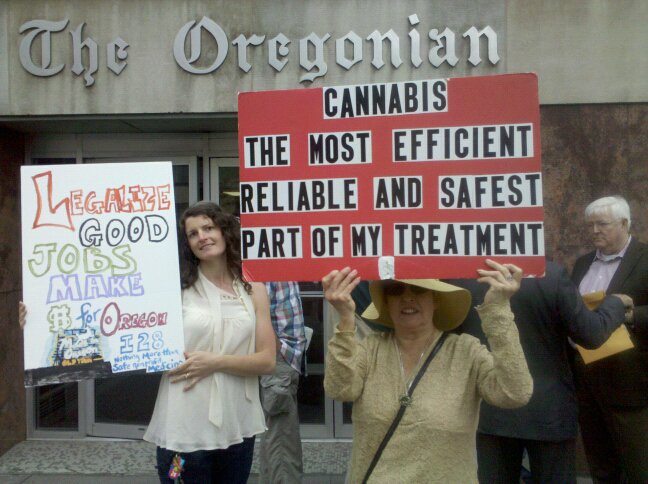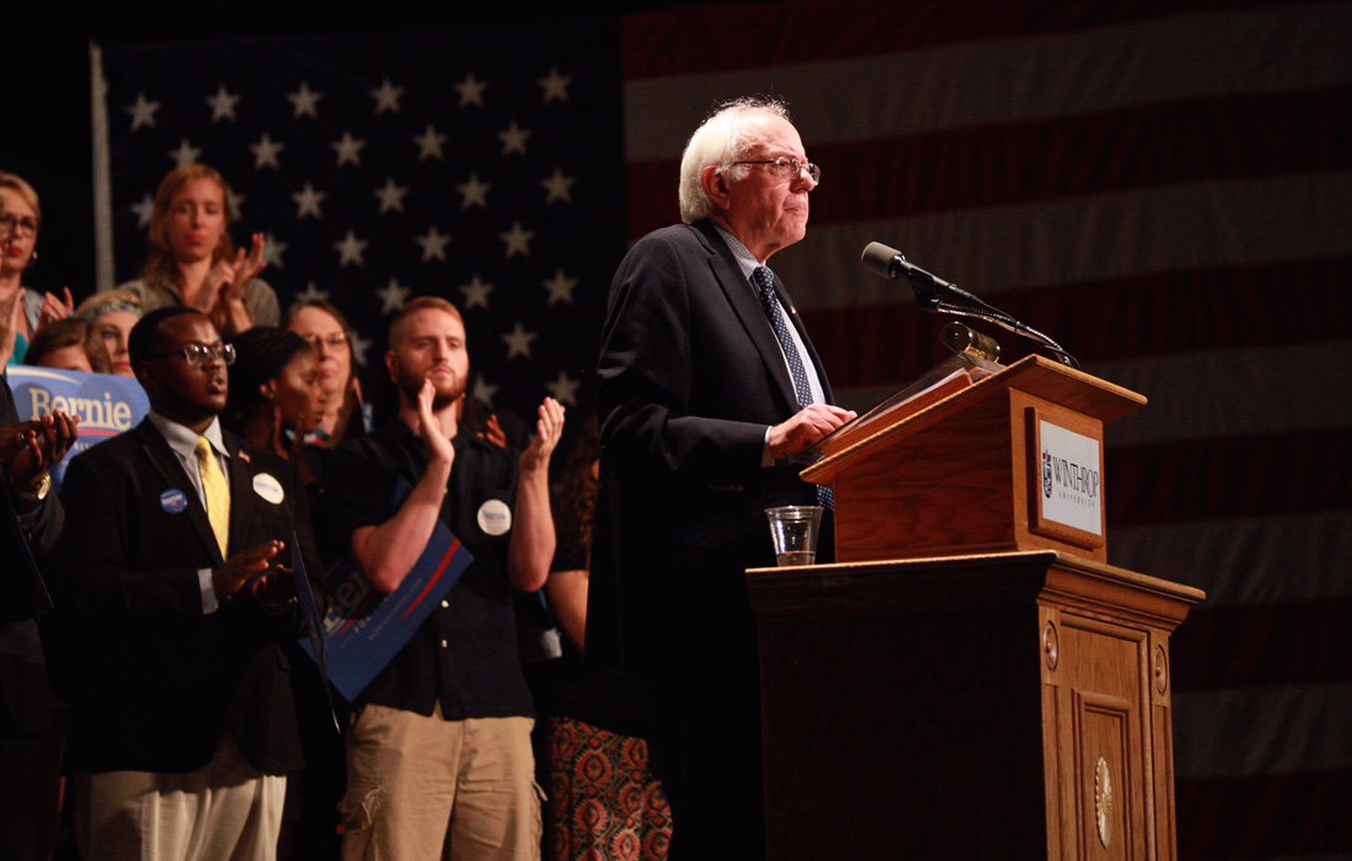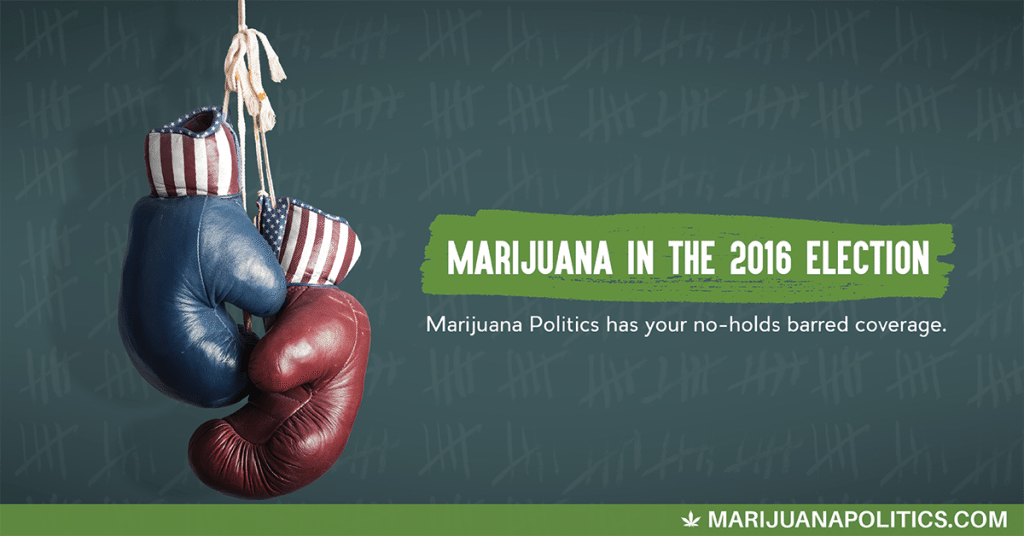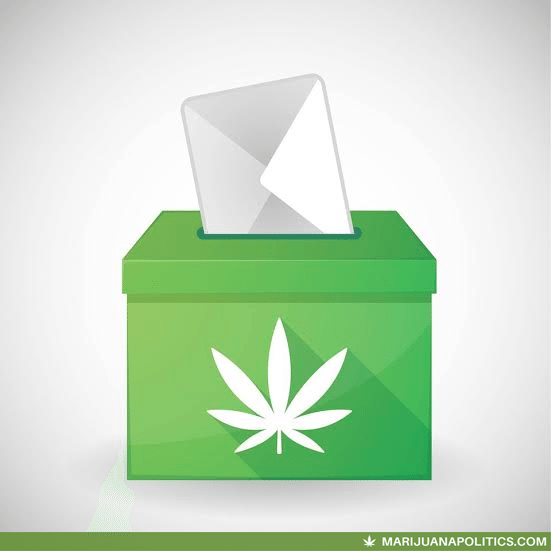Cannabis law reform advocates have been spreading the word that Bernie Sanders seems to have the best marijuana and Drug War policy among candidates that have a legitimate shot at winning. Progressive advocates have certainly rallied behind the Vermont Senator while conservative and libertarian counterparts are sticking with Republican candidate Rand Paul for now. Sanders has generated much enthusiasm among many cannabis reform advocates as he was against the Drug War decades ago and he has made positive statements and policy proposals regarding both cannabis and the greater War on Drugs.
Many Cannabis Reformers for Bernie will be attending a debate showing at Clinton Street Theater in southeast Portland, Oregon, followed by a post-debate event at the World Famous Cannabis Cafe. From Cannabis Reformers for Bernie:
Join Cannabis Reformers for Bernie for this unique 420-friendly debate night after-party. (BYOBud)
The event is strictly 21+ and while the event itself is FREE, the venue has requested $10 cover charge. So make sure to bring cash!
We encourage you to find a debate watching party nearby. Many of us will be at the Clinton Street Theater from 5:00 to 8:00PM. You can RSVP for that at http://tinyurl.com/ouyp4yk Please do so ASAP as this event will sell out!
When you are finished watching to debate head on over to the World Famous Cannabis Cafe to hang out with your fellow 420-friendly Bernie supporters to discuss the debate, volunteer opportunitiesb with the official campaign, as well as how you can get involved with Cannabis Reformers for Bernie.
We also plan to provide a secondary screening of the debate for those who missed the first or didn’t catch the entire thing the first time.
Kitchen will be open to help satisfiy your post-debate munchies.
We look forward to seeing you there!
NOTE: The venue only fits 50 people and there will be more people there than have RSVP’d as we will be encouraging those leaving the Clinton Street Theater event (which seats 200) to head over to ours. RSVP for our After-Party NOW! > http://tinyurl.com/ocfw6pn
Should be a great time at the World Famous Cannabis Cafe, located at 7958 SE Foster Rd, Portland, OR 97206. As more debates progress, Cannabis Reformers for Bernie will look to have more events at the WFCC and to host similar events in cannabis-friendly locales.

